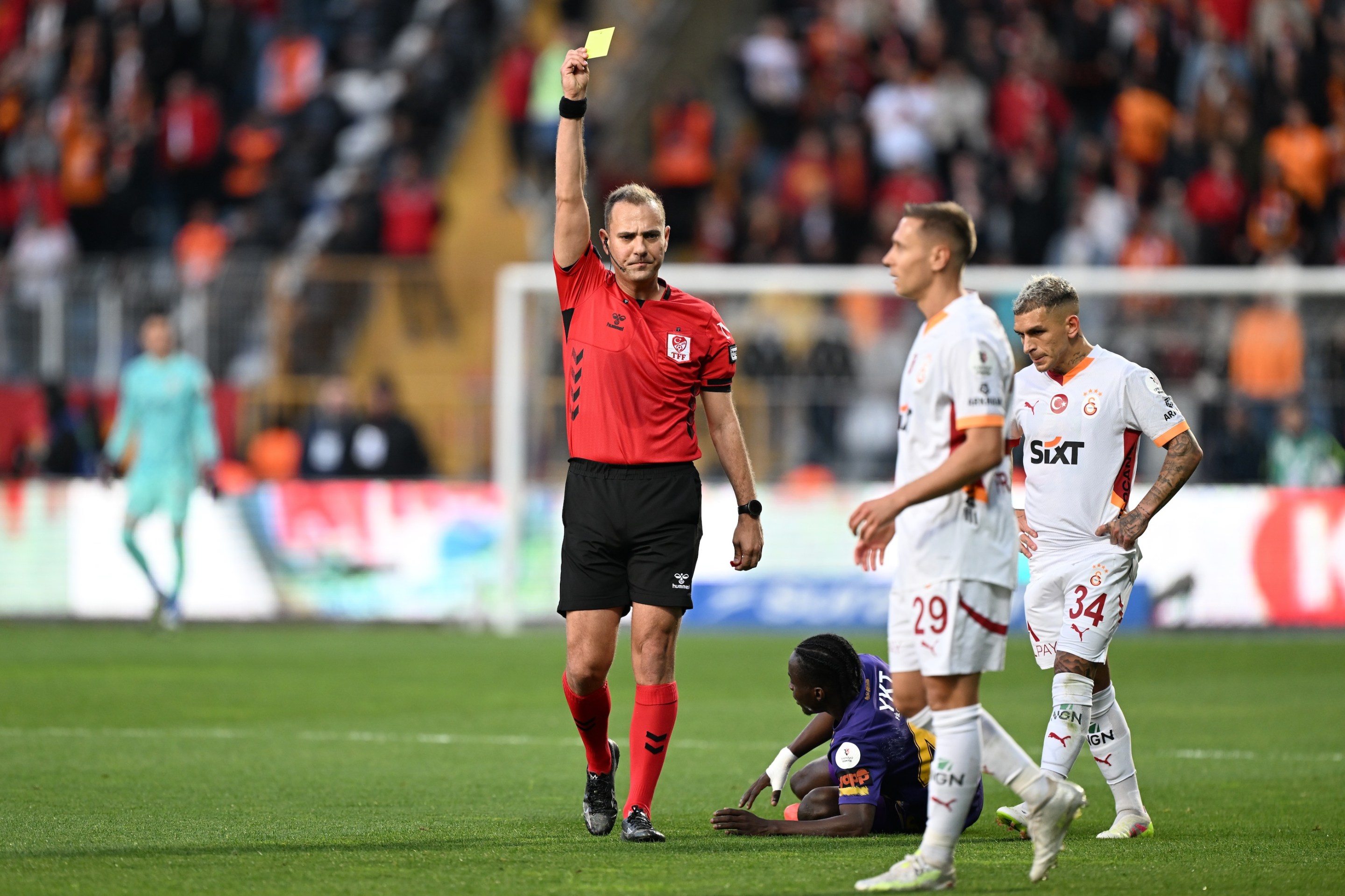America may have invented match fixing back in the first decades of the 20th century, and we may be bringing it back in this one with new gambling scandals in basketball and baseball, but at some level it is hard to escape the sense that we’re resting on our laurels. People wreck their careers messing around on their phones, sure, and relief pitchers spike random pitches and risk both their careers and their sport’s integrity, marginal wing players wreck their lives by being weird—none of it is ideal, but it is also all very low effort. The FBI might be smug about what it claims to have found in the NBA and MLB, but consider what our Turkish brethren are doing with their entire soccer industry.
The mere numbers, which in this case have nothing to do with wagers, are staggering. The Athletic's Colin Millar reported on Tuesday that the Turkish Football Association has suspended 1,024 players accused of match fixing. This came weeks after Ali Rampling, also of The Athletic, wrote this story for the same publication about 149 match officials being suspended for the same offenses. There is a political context to all of this—in an unrelated trial, prosecutors sought 2,352 years of jail time on corruption charges against the mayor of Istanbul, who happens to be the foremost political rival of Turkey’s authoritarian President Recep Tayyip Erdoğan. Your personal dosage re: grains of salt is your business, and corruption allegations are all the rage when political opponents need dealing with, but the scale of this particular scandal speaks for itself.
All told, that's nearly 1,200 people across Turkey's four football leagues and 27 from its top league, including players on two of that league’s three most powerful teams, Besiktas and Galatasaray—the Yankees and Cowboys of Turkish soccer, if you must—as well as the officiating fraternity accused of warping results from the Bosporus to Mount Ararat, which is Turkey’s version of doing something Maui to Maine. As there are 139 teams in those four leagues and let's say 20 players per team, this amounts to a little more than a third of all professional players in the country, making this the representational equivalent of the Atlantic and Southeast Divisions of the NBA being suspended en masse. Based on the results so far, that wouldn't necessarily be a bad thing in the NBA, but the point is that people would notice. The scope and scale of the alleged corruption and the discipline is both amazing and deflating. It means that, even as the U.S. approaches a critical mass of corruption in general, and when it comes to the often damnable practice of prop bets, we have fallen far behind in the match-fixing business. This despite having more sports, more teams, and more athletes than any other country.
To be fair, this could all turn out to be nonsense. Match fixing in soccer is not just a Turkish thing, and exaggeration plays in every culture, and nobody thinks Turkey will stop playing soccer (or betting on it) in hopes of cleaning up this particular scandal. But this is also all very clearly a step up from the lightweight Terry Rozier/Chauncey Billups/Emmanuel Clase stuff we're peddling as our homage to the resourceful new Mafia. That’s small-bore stuff; this is a meaningful number of professional participants in a whole sport getting the gate. Kash Patel's head would explode, or at least his eyes would drift even further out of synchronous orbit, if he were working the podium in Ankara and announcing a result like this.
Twelve hundred players and officials would, for instance, be roughly 80 percent of the NFL. The college sports industries have thousands more athletes and officials, but that tranche of American sports concentrates less on match fixing than nullifying coaching contracts; this is because the adults matter at the college level, not the athletes.
All things considered, though, this is a sign that match fixing is bigger and better than ever, and perhaps even the hot new trend in crime, depending upon how you rate museum burglaries. It also suggests that, given that nobody in management is going to turn down gambling companies as sponsors, the most effective way to combat this is not to get rid of gambling, but to get rid of sports. The Turks at least have inched toward this solution by suspending every match in the two lower leagues for two weeks, according to Millar. And let's be honest: Who wouldn't mind missing another Raiders-Broncos game if it meant more integrity, or just less Raiders-Broncos? It would at least be refreshing to know that those games were civic eyesores because the players were conspiring to make them so. An outcome like last Thursday’s Raiders-Broncos game is not something anyone would want to come by honestly.
A cancel-first, justify-later approach would certainly satisfy those who spend their postgame hours shrieking that the games they just watched were fixed. It would not solve the problem of what to shriek about, but no one is really in it for that. Ours is a remarkably tolerant, or maybe just irretrievably world-weary, society when we learn that something we thought should at least appear genuine (like, say, stadium naming rights) turned out to be brazenly crooked. The Turks just seem to be more capable of taking offense at that particular insult.






